It’s inevitable that the classic genre of horror comes back to life with the changing of the leaves. From classics like “The Shining,” to newer scares like “The Substance,” the genre has created a community of its own. It evokes emotions the audience doesn’t expect, appealing especially to young viewers who seek an adrenaline rush. While to some, the horror genre may seem like cheaply produced thrills, I think the genre has much more depth and meaning that lies behind these scare tactics.
Horror isn’t necessarily good versus evil. It’s a reflection of society’s current fears exaggerated and dramatized for media consumption. There are many well known tropes in these movies such as the haunted house, final girl, and most famously; a monster, and they’re popular for a reason. These tropes are only a cover for what we as a society truly fear. The monster symbolizes what we’re afraid to become, someone or something outside of the “norm.” And in movies like “American Psycho” or “Pearl,” we’re inside the mind of these killers. I think that’s what makes it scarier, knowing a monster doesn’t have to look like something with fangs and horns.
The movie that is known for revolutionizing the horror genre is Alfred Hitchcock’s 1960 thriller, “Psycho.” When released, audiences were faced with something they had never seen on film before, the exploration of insanity. It’s a story filled with surprises, shock, and anxiety about a woman on the run who stays in an ominous motel. The motel’s proprietor, Norman Bates, is the main factor of horror, his character embodying the title, “Psycho.” Hitchcock opened the realm of horror to a much wider lens, becoming a pioneer in his genre. The prominent factor of the movie was that it made the viewers think deeper about the world itself, how someone might not be who they seem. In 1960, this concept was scandalous and unthinkable.
Twenty years later, Stanley Kubrick’s “The Shining” was released, some say the most influential horror film in history. It portrays the rising terror of the Torrance family taking care of a hotel for the winter, as Jack slowly descends into insanity, due to the paranormal presence consuming him. “The Shining,” introduced a new wave of fear through psychological horror. The hotel’s winding hedge maze captures that fear, steadily losing sight of what’s good and bad, and ending up lost. He starts as a bored man with his all-American wife and child, and ends up as something inhumane and unfamiliar. The thought that someone who looks and acts just like you can turn into a “monster” was the true terror. It isn’t just about a father driving himself crazy, it’s about the feelings of isolation, dread, and loss. As you watch this slow burning thrill, you can’t help but feel trapped in the hotel alongside the characters.
“Rosemary’s Baby,” “Carrie,” and “The Exorcist,” all challenged the criteria for horror in the 60s and 70s. In a period where censorship was evident, these films weren’t afraid to show controversial scenes. All three incorporated faith-based horror, as well as the occult, which hadn’t been explored before, causing disputes in the industry. The producer of “Rosemary’s Baby” even received death threats because it was deemed “satanic.” This goes to show how primal fears can be brought out through horror.
Moving to the 21st century, Jordan Peele’s “Get Out” came to theaters in 2017. Whether you’re a horror fan or not, I think everyone should watch it. It’s not only terrifying, but a social commentary on racism and discrimination. As an African American man visits his white girlfriend’s family for the first time, his life eventually becomes threatened by the family hypnotizing him, and later attempting to become immortal through him. While the supernatural forces involved in the story seem unrealistic, they symbolize the entrapment and cultural appropriation of African Americans throughout history. “Get Out” dares to make you think about white supremacy from different perspectives.
“Hereditary” and “Midsommar,” both directed by Ari Aster, are two of the eeriest films you’ll see. Filled with jaw-dropping moments, what sets these movies apart are their endings. They both end (literally) in flames, diverting the expectations of a clear ending to an ambiguous one, leaving the interpretation up to the viewer. It makes you think about what is necessarily good or bad, and what that says about yourself, which I think is the scariest part.
The 2024 film, “The Substance,” has become a recent controversy. The movie presents a fictional injection that creates a younger, “better” version of one’s self. As the female lead spirals, the film becomes more gruesome and grim. While some critics believe the movie simply panders to the male gaze, I think it does the opposite. It points out how society sees women as they progress in age, and the absurd beauty standards arise from it. The idea of perfection isn’t attainable, yet “The Substance” symbolizes the lengths people will go to attain it, even if it destroys them. This topic is especially relevant in today’s society, as the beauty standards become more unachievable and plastic surgeons attempt to “fix” people’s flaws. What’s terrifying about this movie isn’t the gore, it’s the knowledge that the need for beauty and fitting in may one day destroy us.
Horror may not be everyone’s cup of tea, but it is definitely one of the most thought provoking genres. All of these films have not only disturbed audiences, but the definition of horror as we know it. I think the best movies cause some sort of controversy, because that means viewers are looking beyond the exterior. These films don’t only make you wonder about the plot, but the world as a whole. Under the surface, horror isn’t about jumpscares and screams; it’s about life and the world around us. If you look closer at these movies, you might see themes you’ve never thought of learning before. There are many viewpoints other than the ones we’re used to, and it is fundamental to explore them.




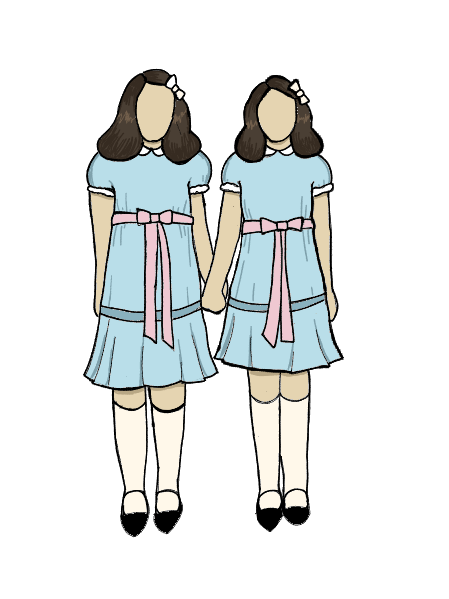
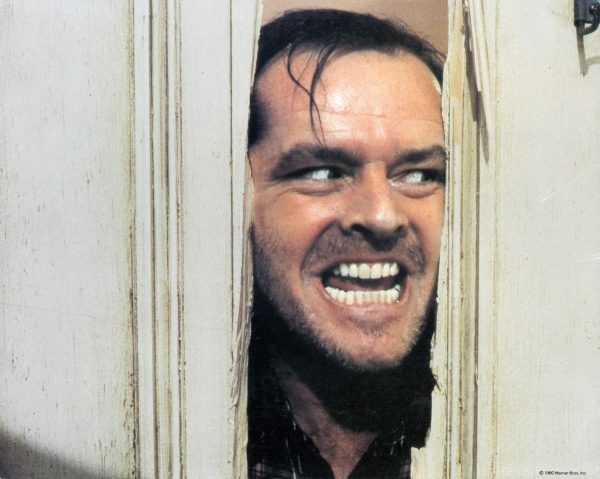
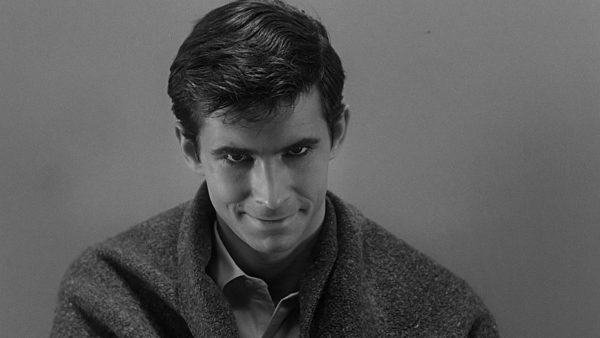
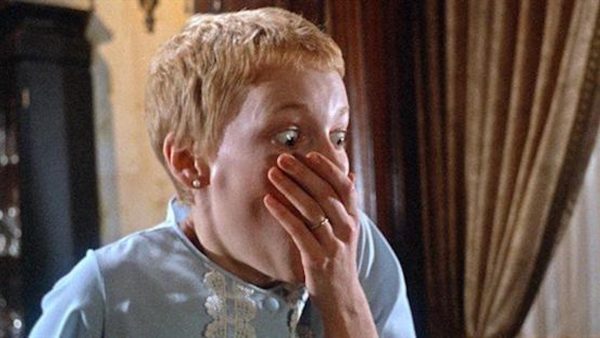
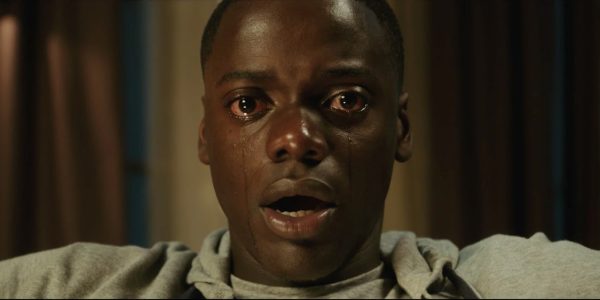
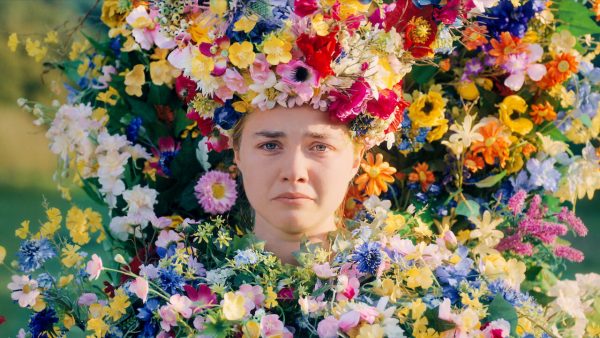
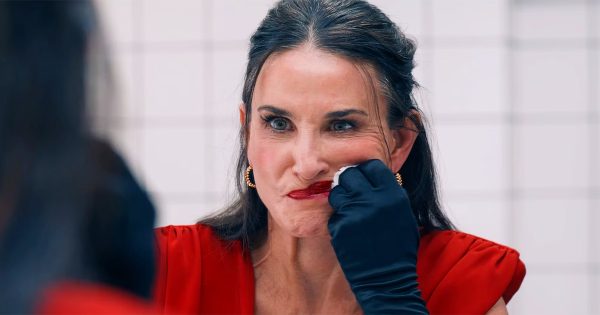
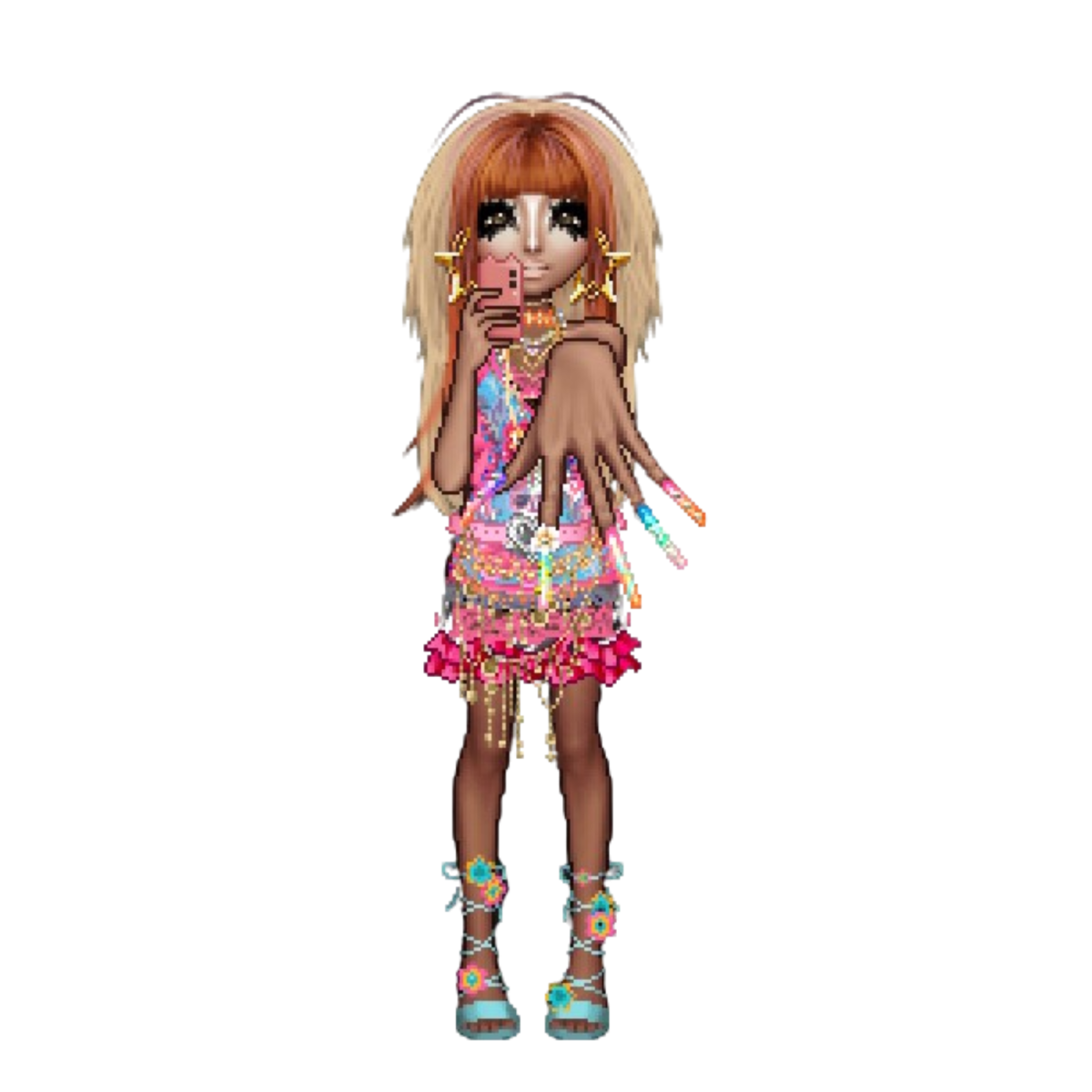

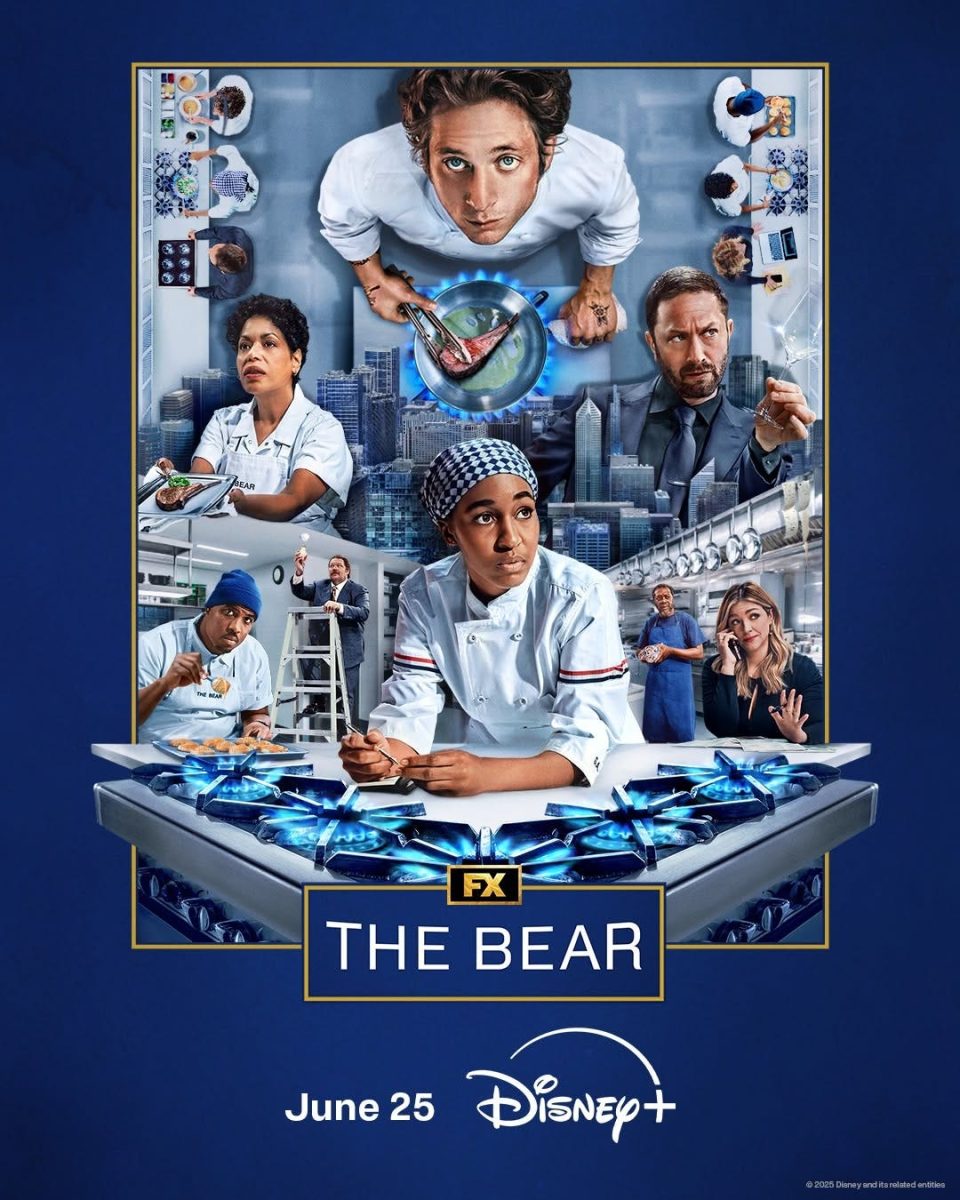
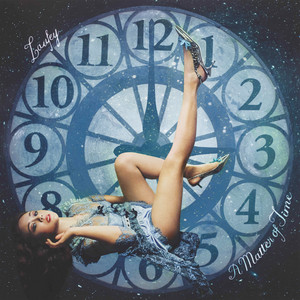
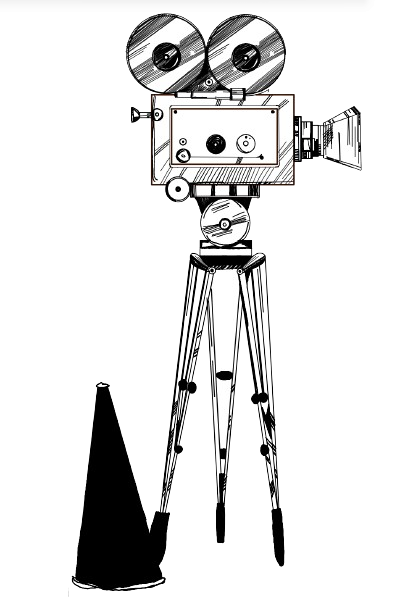

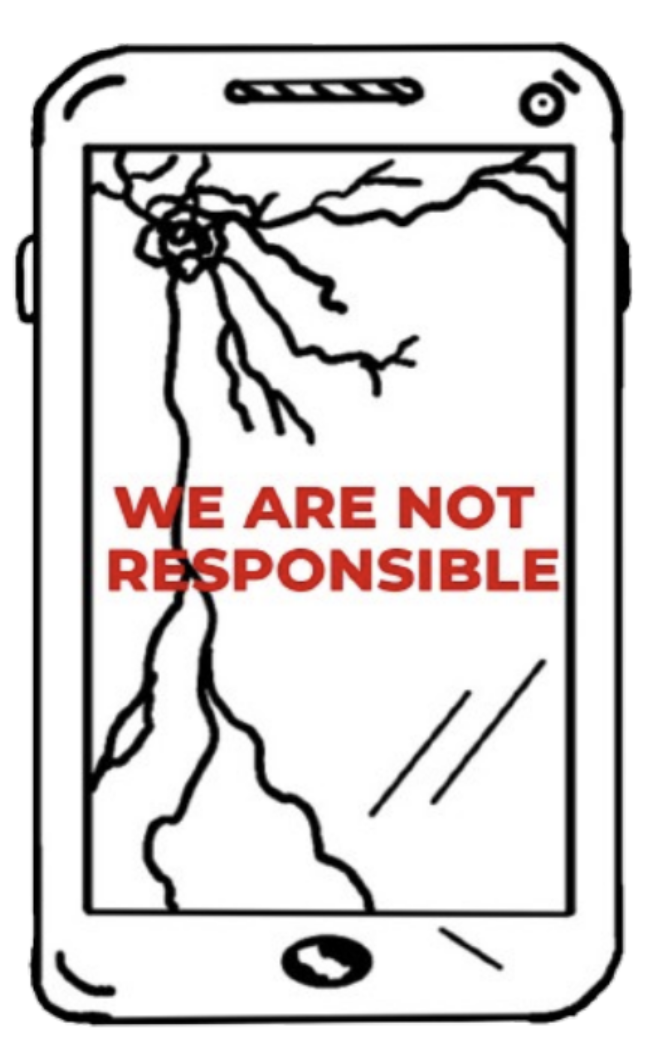
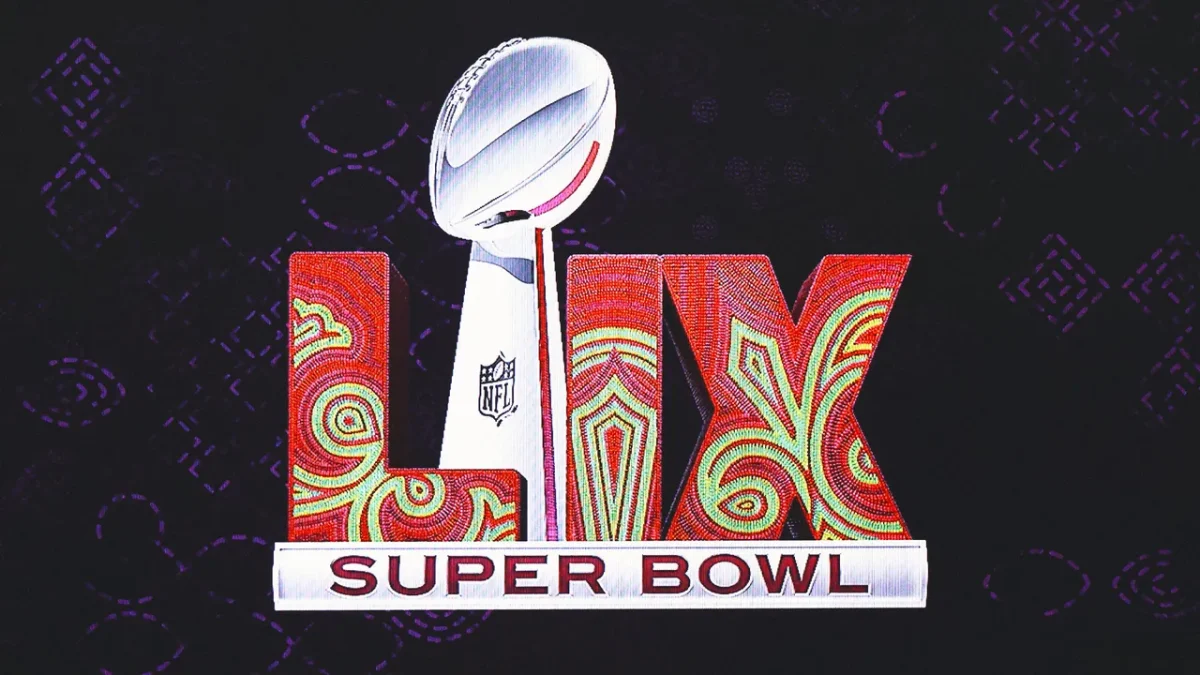
Amy Wiley • Dec 3, 2024 at 7:47 pm
WOW. Just wow. Your writing is phenomenal, A, and your article held me to the end. I’m also a horror fan, and you brought up points I’ve never even noticed or thought about. You have a bright future. Looking forward to seeing more.
Zoe • Dec 3, 2024 at 3:43 pm
This is great, Asha!
Zoe Smith • Dec 3, 2024 at 3:42 pm
Great job, Asha!